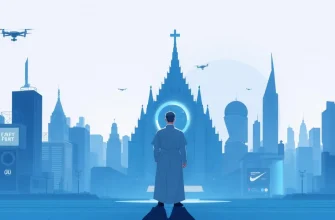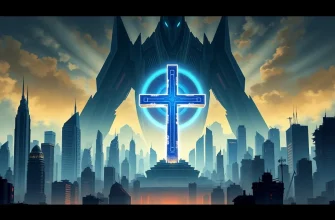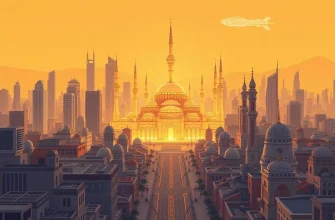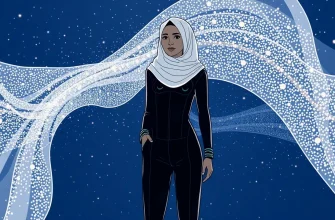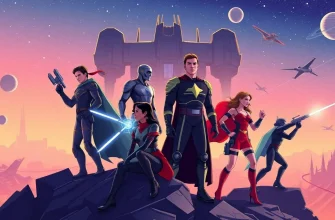This curated list of films offers a fascinating blend of science fiction and the rich tapestry of Hindu mythology. Each film in this collection delves into cosmic themes, spiritual journeys, and the exploration of Hindu philosophy through futuristic narratives. Whether you're a fan of sci-fi or intrigued by the depth of Hindu culture, these films provide a unique cinematic experience that bridges the gap between ancient wisdom and modern storytelling.

The Matrix (1999)
Description: While not directly about Hinduism, "The Matrix" explores themes of illusion, reality, and enlightenment, which resonate with Hindu concepts like Maya and Moksha. The film's exploration of a simulated reality parallels the Hindu idea of the world as an illusion.
Fact: The Wachowskis drew inspiration from various philosophical and religious texts, including the Bhagavad Gita, for the film's themes.
 Watch Now
Watch Now 
The Matrix Reloaded (2003)
Description: Continuing from the first film, "The Matrix Reloaded" delves deeper into the philosophical and spiritual aspects of choice, destiny, and the nature of reality, themes that align with Hindu teachings.
Fact: The film's script was influenced by the Hindu concept of Karma and the cycle of rebirth.
 Watch Now
Watch Now 
The Matrix Revolutions (2003)
Description: The final installment of the trilogy explores the ultimate battle between good and evil, with Neo's journey paralleling the Hindu concept of the divine avatar coming to restore balance.
Fact: The film's ending was inspired by the Hindu idea of the cyclical nature of existence.
 Watch Now
Watch Now 
The Chronicles of Riddick (2004)
Description: The film's universe includes elements of Hindu mythology, like the concept of a universe in a cycle of creation and destruction, and the idea of a chosen one or avatar to save the world.
Fact: The film's director, David Twohy, incorporated elements from various mythologies, including Hindu, to enrich the narrative.
 Watch Now
Watch Now Avatar (2009)
Description: "Avatar" features a world where the indigenous Na'vi people have a deep spiritual connection to their planet, echoing Hindu beliefs in the sanctity of nature and the divine presence in all living beings.
Fact: James Cameron was influenced by Hindu mythology, particularly the idea of avatars, when creating the Na'vi culture.
 Watch Now
Watch Now 
The Last Airbender (2010)
Description: While based on an animated series, the film incorporates elements of Eastern spirituality, including Hindu concepts of balance, reincarnation, and the interconnectedness of all things.
Fact: M. Night Shyamalan, the director, has often explored themes of spirituality in his films.
 Watch Now
Watch Now 
The Legend of Bhagat Singh (2002)
Description: Although primarily a biographical film, it includes scenes where Bhagat Singh discusses Hindu philosophy, particularly the concept of sacrifice for the greater good, which can be seen as a form of spiritual awakening.
Fact: The film was critically acclaimed for its portrayal of Bhagat Singh's ideological journey.
 30 Days Free
30 Days Free 
Krrish (2006)
Description: This Indian superhero film blends sci-fi with Hindu mythology, where the protagonist, Krrish, embodies the qualities of a divine avatar, fighting for justice and righteousness.
Fact: The film's title is a blend of "Krishna" and "Rish," reflecting the hero's divine and human aspects.
 30 Days Free
30 Days Free 
Samsara (2011)
Description: This visually stunning film follows the cycle of birth, life, death, and rebirth, mirroring the Hindu concept of Samsara. It explores the interconnectedness of all life forms, a core principle in Hinduism.
Fact: The film was shot over five years in 25 countries, showcasing diverse cultures and landscapes.
 30 Days Free
30 Days Free 
Ra.One (2011)
Description: "Ra.One" is a sci-fi film where the villain, Ra.One, is an AI with god-like powers, and the hero, G.One, embodies the qualities of a divine protector, akin to Hindu deities.
Fact: The film's title is derived from the concept of "Ravana" (the demon king in Hindu mythology) and "One," symbolizing the ultimate evil and good.
 30 Days Free
30 Days Free 


